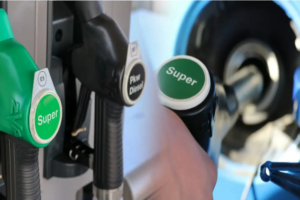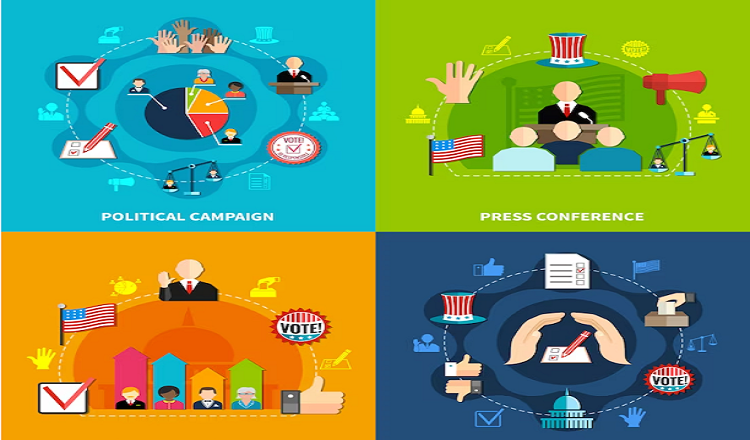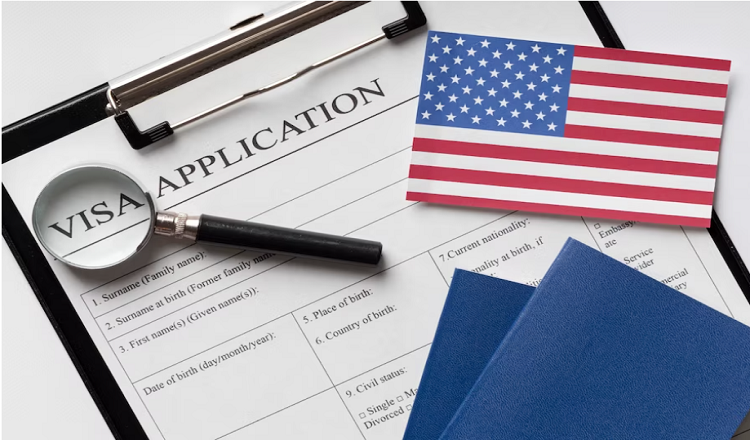The American Electoral College system has long been a source of controversy. While some contend that it guarantees an equitable allocation of power across the states, others counter that it may result in unequal voter representation and reduce turnout. We shall examine the advantages and disadvantages of the Electoral College system in this essay, as well as potential modifications.
Let’s start by giving a quick overview of the Electoral College system. In the United States, presidential elections are held every four years. But the electorate does not choose the president directly. The Electoral College, which consists of 538 electors, chooses the president instead. Electors are allocated to each state based on their representation in Congress. A contender must obtain a majority of the electoral votes, which are currently set at 270, in order to win the president.
This article’s objective study of the Electoral College system weighs its benefits and drawbacks to provide readers a better understanding of the institution. We will look at the Electoral College’s past, debate its benefits and drawbacks, and assess possible changes to the system. In the end, our argument is that the Electoral College system has both advantages and disadvantages, and any changes to it should be carefully evaluated to ensure that all American voters are fairly represented. So let’s get started!
The Benefits of the Electoral College
One benefit of the Electoral College system is that it guarantees an equitable allocation of power among the states. By allocating each state a certain number of electors based on its population, the method offers smaller states a bigger say in presidential elections. This implies that states with smaller populations can nevertheless influence the results of elections.
The fact that the Electoral College gives swing states more weight is another benefit. Swing states are ones where there is a chance of a close race, therefore candidates must work hard to secure their support. This makes sure that candidates must appeal to a wide range of people across the nation rather than just the states with the highest population.
In presidential elections, the Electoral College also determines a clear victor. The electoral college system guarantees that the president is elected with broad support from across the nation by requiring a candidate to receive a majority of electoral votes. By doing so, arguments over the legitimacy of the election result are avoided.
By requiring electors to cast their ballots in their home states, the Electoral College also aids in preventing voting fraud. This makes it more challenging for anyone to manipulate the results in a single state in order to commit widespread voter fraud. The Electoral College system is a crucial component of the US political system that should be kept, according to these benefits overall.
The Electoral College System’s Drawbacks
Despite its benefits, the Electoral College system has a number of drawbacks, one of which is the chance that a candidate may win the popular vote but lose the election. This is so that each state, regardless of population, receives a constant number of electors under the system. As a result, a candidate who receives the most votes nationally but not enough electoral votes may still lose the election.
The system may also result in unequal voter representation. One vote in a small state may occasionally count for more than one in a state with a larger population. As a result, voters in smaller states have a disproportionate influence on the election’s result.
The Electoral College also has the power to lower voter turnout in non-swing states. Voters may believe that their vote is meaningless if a state is seen as a safe win for one party and decide not to cast a ballot.
Finally, the method may cause a few swing states to decide the election. As a result, politicians can concentrate their efforts on some states at the expense of others, resulting in an uneven distribution of campaign resources.
The Electoral College system may not be the most effective approach to guarantee fair and equal representation of all voters in the United States, according to the overall drawbacks listed above.
The Electoral College System’s History
In the United States, the Electoral College system has a lengthy and complicated history. As a compromise between those who wanted the president to be directly chosen by the people and those who wanted the president to be elected by Congress, the system was developed by the drafters of the US Constitution. The purpose of the Electoral College system was to ensure that the president was chosen by a majority of electors while balancing the interests of small and large states.
The Electoral College system has experienced a number of significant changes over time, including constitutional revisions and modifications to the selection process for electors. Currently, the system is governed by a complicated series of laws that differ from state to state.
The combination of indirect and direct methods of election makes the Electoral College system distinct from other voting systems in use around the world. While some nations elect their presidents through direct popular voting, others rely on parliamentary systems or other procedures. Politicians and voters alike continue to debate and criticise the Electoral College system, with many pushing for changes to the system to solve its alleged shortcomings.
Arguments in favour of and against getting rid of the electoral college
Arguments for and against abolishing the Electoral College system in the United States have been made during the discussion over it. Abolitionists contend that the system might result in a candidate winning the popular vote but losing the election, unequal voter representation, and reduced voter turnout. They argue that electing the president through a direct popular vote would be more democratic and fair.
On the other hand, proponents of keeping the Electoral College system in place contend that it helps to strike a balance between the interests of small and large states and guarantees that the president is chosen with support from a majority of states. They contend that a direct popular vote system would be challenging to implement and that it would result in other problems, like greater campaign spending in heavily populated areas.
The arguments in favour of and against getting rid of the Electoral College system generally reflect different opinions about how important it is to ensuring free and democratic presidential elections in the United States.
Potential Electoral College System Changes
Proposals for revising the Electoral College system in the US have been made while the discussion over the system is still ongoing. These recommendations include adjustments such proportionally awarding electoral votes based on popular vote, doing away with winner-takes-all arrangements, and substituting a direct popular vote system for the Electoral College.
The usefulness of these solutions in establishing fair and democratic presidential elections is up for debate, even if they try to remedy the Electoral College system’s alleged shortcomings. Some contend that these changes could result in better voter representation and a more accurate portrayal of the popular vote, while others claim they could exacerbate the nation’s polarisation and divisiveness. The survival of the Electoral College system in the United States will be largely dependent on how well these improvements work.
Conclusion
In conclusion, there are benefits and drawbacks to the American Electoral College system. On the one hand, it makes sure that states have an equal amount of influence, it emphasises the significance of swing states, and it produces a clear winner in presidential elections. However, it can also result in an election where a candidate wins the popular vote but loses, unequal voter representation, and low voter turnout in non-swing states.
Personally, I think it’s time for a change even though the Electoral College system may have had a use in the past. Recent elections have exposed the system’s shortcomings and polarised and divided the nation. I am in favour of suggestions for changing the current framework or switching to a direct popular vote method.
It is crucial for readers to take part in the ongoing discussion over the Electoral College system and make their opinions known. Maintaining educated on the subject, speaking with representatives, and participating in peer conversations can all help make the presidential election process more democratic and fair. It is up to us to select how we want our leaders to be chosen, and the destiny of the Electoral College system is in our hands.
Read More You May Like:











